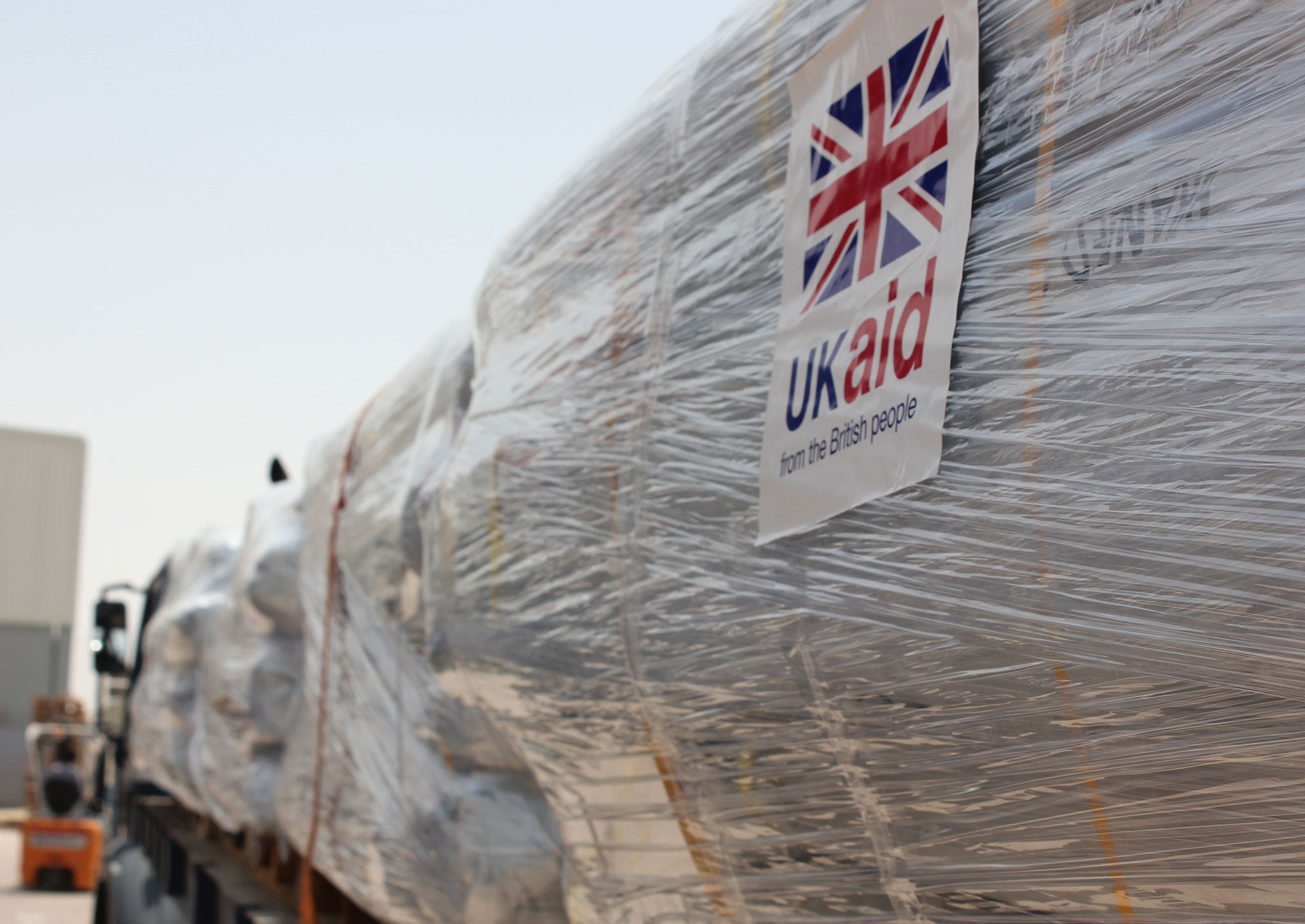The new certainty of Britain’s aid budget is no guarantee it will be used wisely
The Department for International Development ought not to be tasked with pondering its own existence

By rights, the argument on aid spending should be over. We won. That is, “we” the people who might be called, or like to be called, “nice” or “progressive”. A few obstreperous types attempted to block the Bill that obliges future British governments to spend 0.7 per cent of national income on aid, but they were seen off in December, crushed by the weight of cross-party consensus. And here we are, a week into the new world, with the aid law fresh on the statute books. Britain can hold its head high: one of the few rich countries to make good on a promise made back in 1970. Time for the forces of progress (that’s us) to move on?
Not if, as I am, you’re part of the splinter group of Nice and Progressive People who harbour misgivings about aid, especially the kind that is given out in a hurry. I suspect there are many politicians who would count themselves in such a party, but don’t speak up about it for fear it would hurt the Niceness cause, and play into the hands of Nigel Farage, Jacob Rees-Mogg and various other totemic Nasties who simply – and let it be said, erroneously – believe that Britain shouldn’t reach into its pockets for anyone beyond the English Channel.
Well, the law has passed. There’s nothing Little Englanders can do about it. But the wrong response to the new certainty on levels of aid money would be to assume that the same certainty applies to how that money is spent. That two parliamentary reports out this year have been titled “Beyond Aid” makes you think, indeed, that the current mode of operation (“Stuck in the Middle of Aid”?) doesn’t convince Westminster’s developmentati either.
A few things are not in doubt. Lives (thousands of them) are saved, children (millions of them) are schooled thanks to British taxpayers’ money. This deserves more than a passing nod. An unfortunate element of development work is that good news makes for predictable copy: it “writes white”. Everybody has heard the story of the family and the malaria net, and doesn’t really want to hear it again, despite the fact that it is – still – one of the most important around. This may give a distorted picture of aid, in that the mistakes – “British aid is funding Al-Shabaab” was a choice headline from 2013 – are more naturally newsworthy, while the successes reverse the telescope and appear smaller than they actually are.
Even so, reeling off formulations like “lives saved” and “children schooled” makes the business of development sound simpler than it is. You cannot just put money in one end and have those results turn out the other. Nobody should be under the illusion that the hashtag used to encourage MPs into Westminster to vote through the aid Bill – #TurnUpSaveLives – goes for aid spending too. Not without the corollary #TurnUpMakeAGhoulishMessOfThings (see Ethiopia in the 1980s, Goma in 1994, even much of Afghanistan today, where in one province, for example, 80 per cent of the 740 schools included in Western “success story” statistics are reportedly not operating).
There are those who feel that – even outside warzones – aid too often aims in one direction but ends up walking in the other, like a geopolitical version of Dr Dolittle’s pushmi-pullyu. What is there to make leaders of aid-recipient countries pay attention to their own people if they only have to play nice to Western donors to fill government coffers – and perhaps more beside – with cash? (I offer a possible parry to this thrust: spend vastly more than the current tenth of a per cent of aid on helping poor countries build functioning tax bureaux).
The Department for International Development (Dfid) ought not to be tasked with pondering its own existence. What it can do is everything possible to stop other people doing the same, by spending that 0.7 per cent of national income smartly. Here, it is not off to a particularly auspicious start. MPs reported this weekend that the newly flush Dfid is pumping British money into multilateral organisations – into the global purse-for-good – because, despite these organisations’ less than perfect track record, it had to get hundreds of millions off the books before the end of the financial year. “Spend, spend, spend” is not, one imagines, a voguish phrase in today’s Whitehall.
Besides jealousy among the mandarins, one possible consequence of the International Development Bill’s passage should be guarded against. That is, the idea that “doing good for the world’s poor” now begins and ends with how 0.7 per cent of British national income is spent. In all likelihood, the remaining 99.3 per cent – and British policies on trade, migration, security and the climate – will matter as much or more. “We’ve allocated the money for doing good already,” you can picture a Damian McBride successor saying, “so when someone moans about asylum-seekers, or migrants in the Med just point them in the direction of that 0.7 per cent…” Governments love to be thought of as “joined up”. We should endeavour to hold them to it.

Join our commenting forum
Join thought-provoking conversations, follow other Independent readers and see their replies